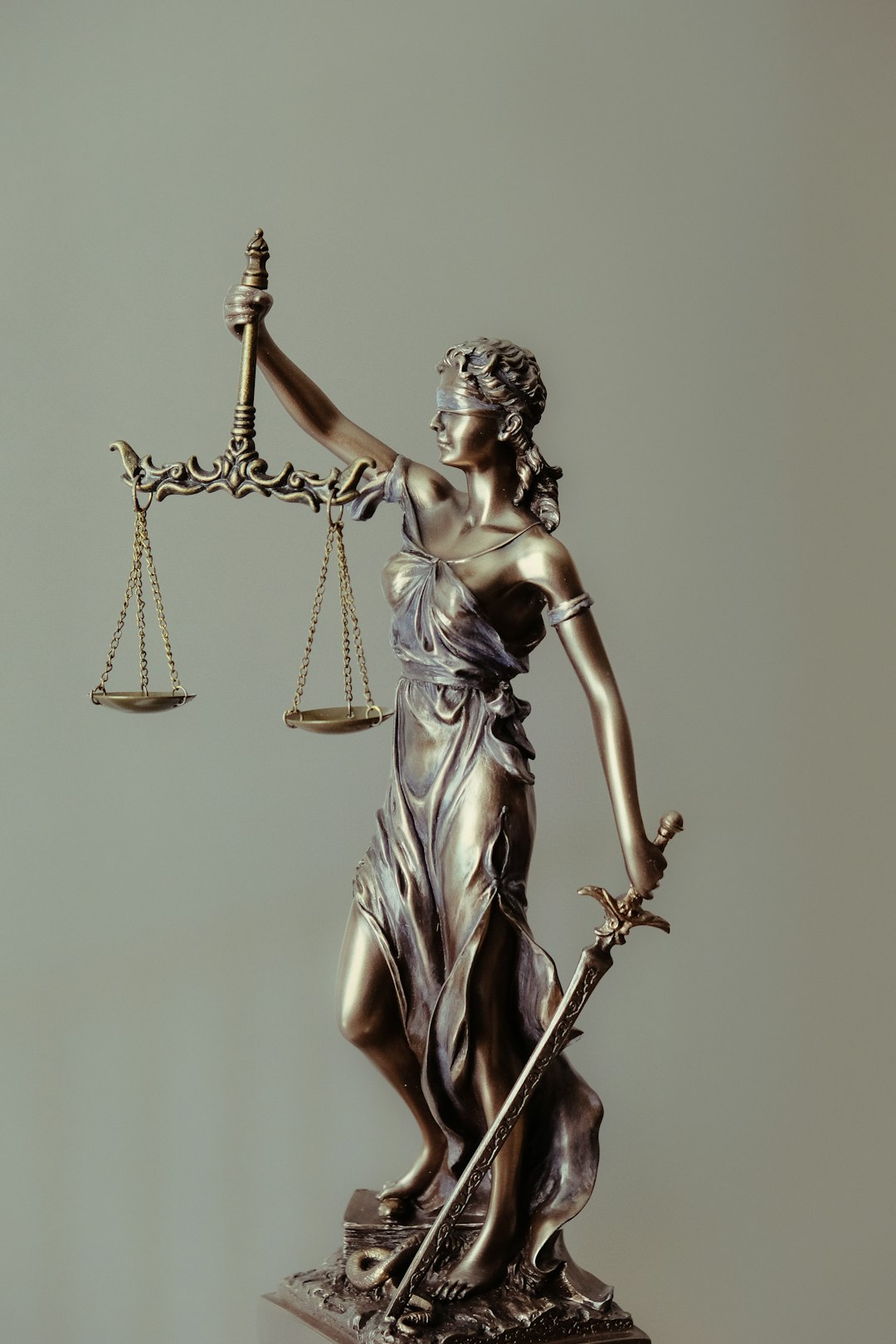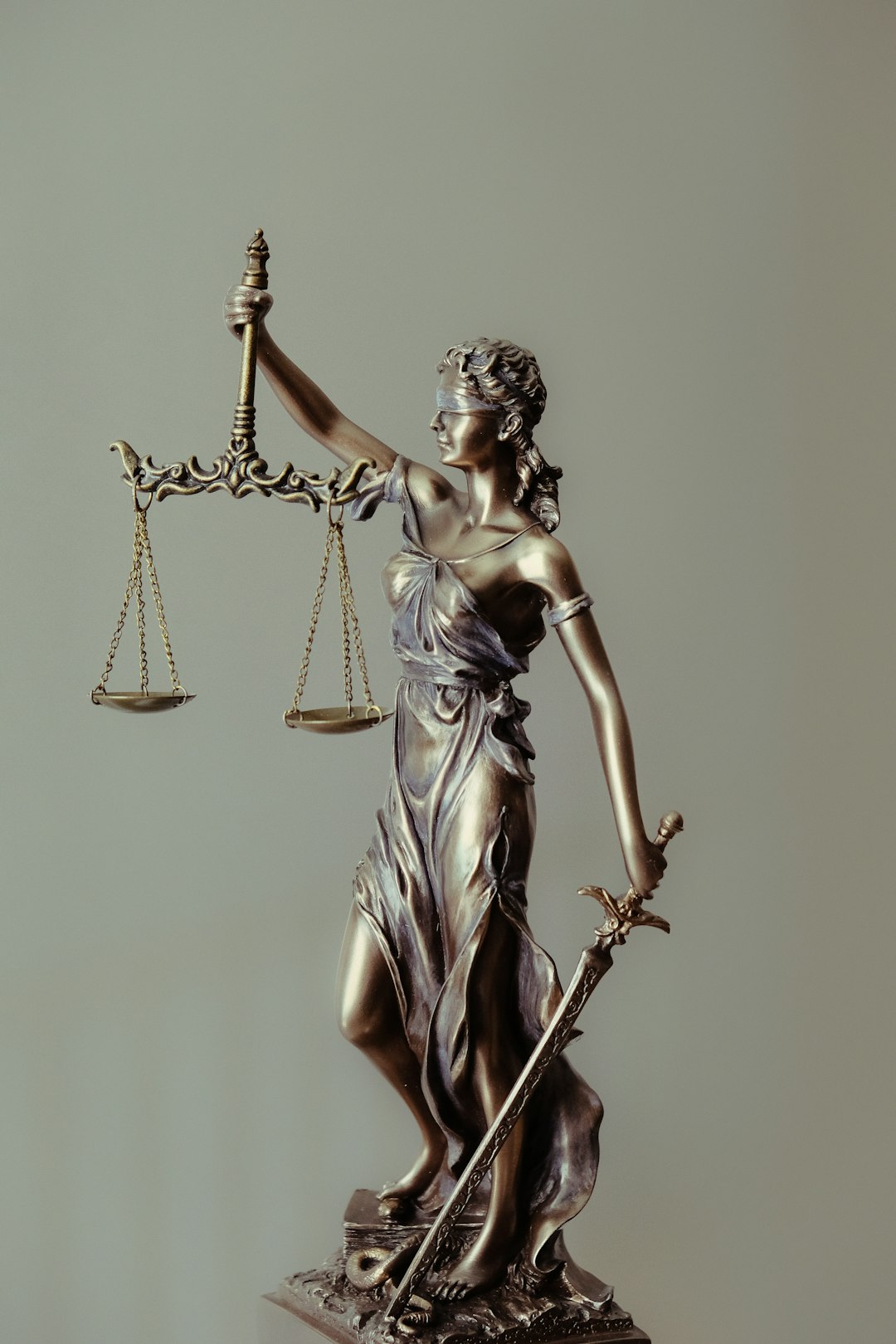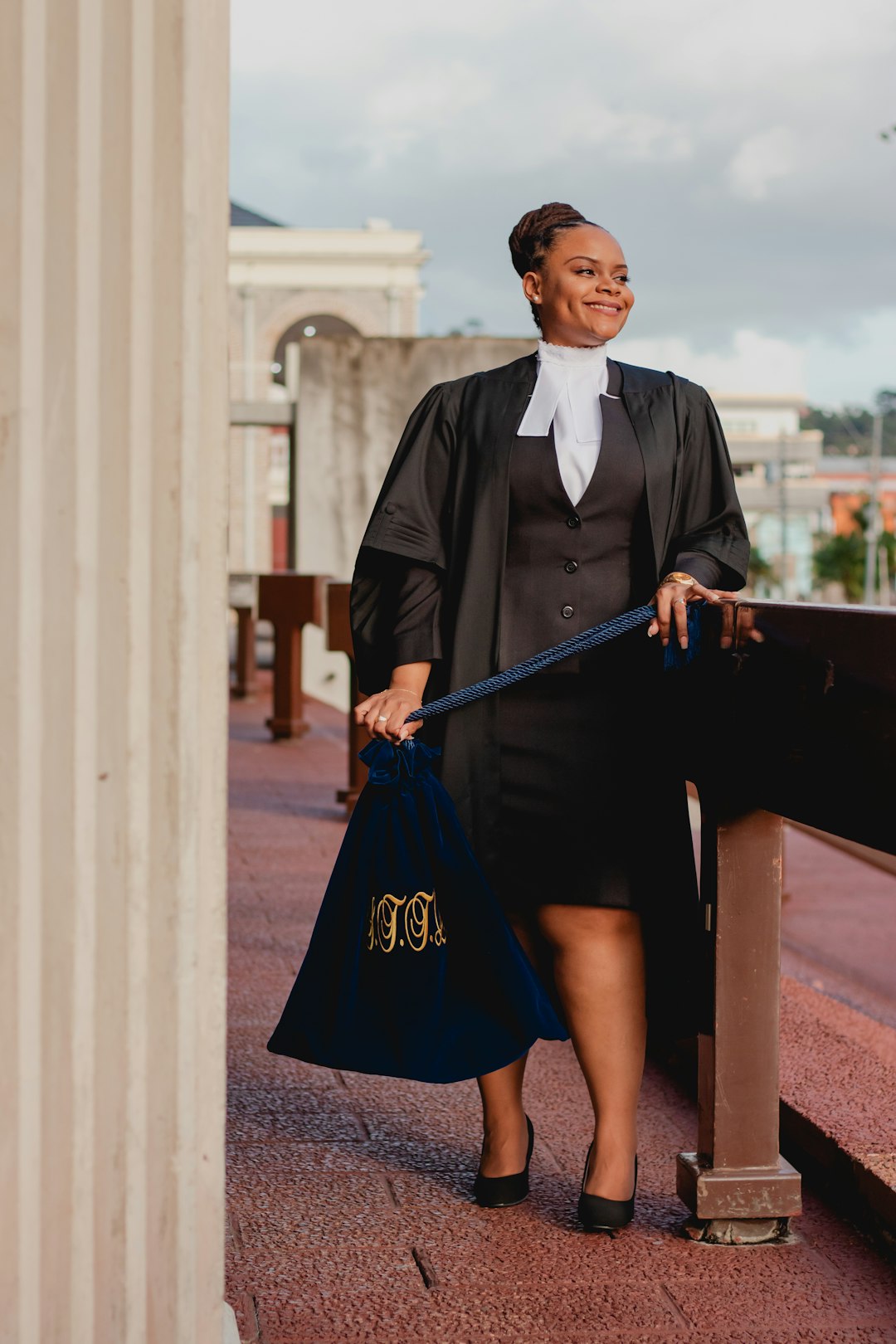Surveillance cameras in public spaces act as powerful deterrents for sexual assaults, with strategic placement in high-risk areas reducing attack risks. In Kansas, these cameras aid rape law firms in building strong cases and are recognized by the legal system as reliable evidence. While they enhance security, their implementation requires a balance between privacy protection and data security, especially during investigations, to ensure all parties' rights are upheld.
In Kansas, surveillance cameras have emerged as a multifaceted tool in sexual assault prevention and prosecution. This article delves into the role of these devices in public spaces, examining how they contribute to safeguarding communities and supporting rape law enforcement. We explore the legal framework governing surveillance evidence, dissecting its admissibility under Kansas’ rape laws. Furthermore, we address ethical considerations, highlighting the delicate balance between enhancing security and protecting individual privacy in sexual assault cases.
Understanding Surveillance Cameras in Public Spaces: A Tool for Prevention

Surveillance cameras have become an increasingly common sight in public spaces, offering more than just security measures. In the context of sexual assault prevention and prosecution, these cameras play a pivotal role. By capturing clear footage of locations where assaults are likely to occur—such as poorly lit alleys, isolated parks, or areas with limited foot traffic—they serve as a powerful deterrent. This visual presence can significantly reduce the risk of attacks, providing potential perpetrators with a psychological barrier, knowing they are under observation.
The effectiveness of surveillance cameras is supported by various studies and real-world examples. For instance, in Kansas, where rape law firms often advocate for robust prevention strategies, the implementation of CCTV systems has shown promising results. These cameras aid law enforcement in identifying suspects, gathering essential evidence, and enhancing the overall efficiency of investigations. Moreover, their strategic placement can facilitate quicker response times during emergencies, potentially saving lives and preventing further harm.
The Legal Framework: How Surveillance Evidence Supports Rape Law in Kansas

In Kansas, the role of surveillance cameras in sexual assault cases is a significant aspect of the legal framework designed to support and strengthen the rape law. Evidence obtained from security footage can play a pivotal role in both preventing and prosecuting sexual assaults, providing crucial visual documentation that aids in identifying perpetrators and corroborating victim statements. This real-time data not only assists law enforcement in their investigations but also acts as compelling evidence in court, enhancing the credibility of rape cases.
The legal system in Kansas recognizes the value of surveillance footage as a reliable tool to establish the facts surrounding sexual assaults. When presented in court, these visual records can help resolve conflicts in testimony and provide an objective view of events, ultimately facilitating more accurate judgments. Many rape law firms in Kansas leverage this evidence to build strong cases, ensuring that justice is served and victims receive the support they need.
Challenges and Ethical Considerations: Balancing Security and Privacy in Sexual Assault Cases

In the pursuit of enhancing sexual assault prevention and prosecution, the implementation of surveillance cameras has sparked debates regarding privacy rights and security measures. While advocates argue that closed-circuit television (CCTV) can serve as a powerful tool to deter potential perpetrators and provide crucial evidence, critics raise valid concerns about the ethical implications on individual freedoms. Balancing security and privacy in sexual assault cases is an intricate task, especially in Kansas, where the focus should be on upholding the rights of victims while also ensuring the fair administration of rape law.
One of the primary challenges lies in obtaining a harmonious balance between protecting potential witnesses and suspects’ privacy. Surveillance footage can indeed assist in identifying offenders, but it may also capture sensitive information about individuals who are not directly involved in the incident. A rape law firm in Kansas must consider these complexities to safeguard the rights of all parties. This includes implementing stringent data protection protocols, ensuring secure storage of footage, and adhering to legal guidelines to prevent any misuse or unauthorized access to private information during the investigative process.






